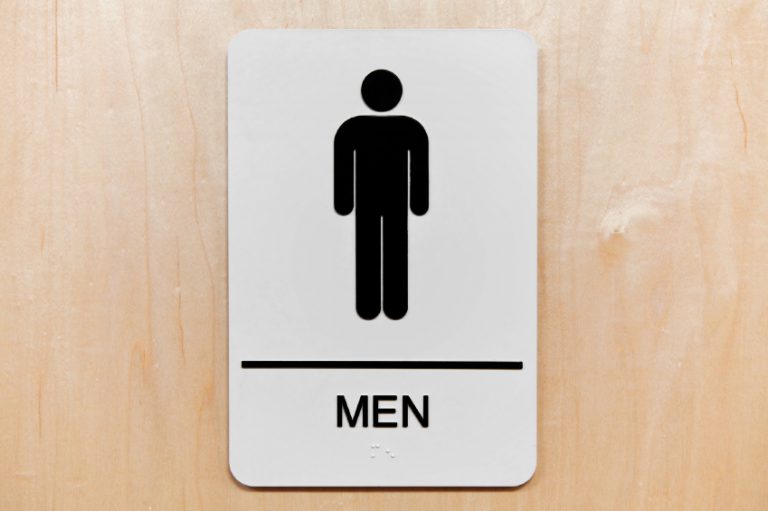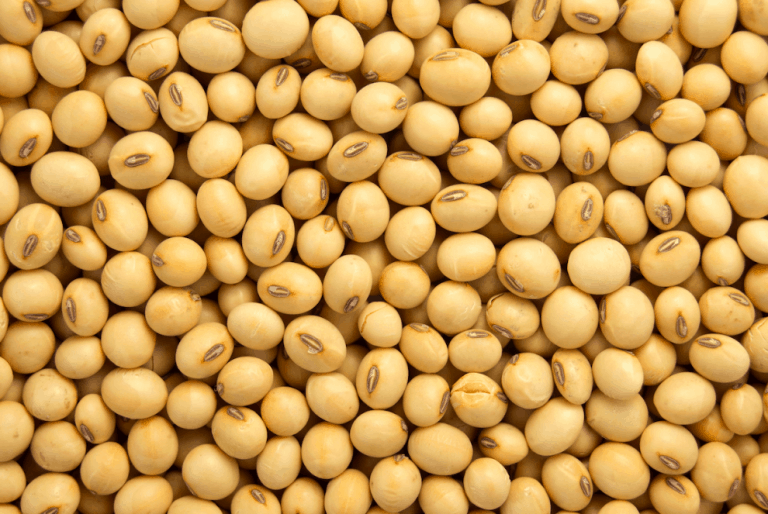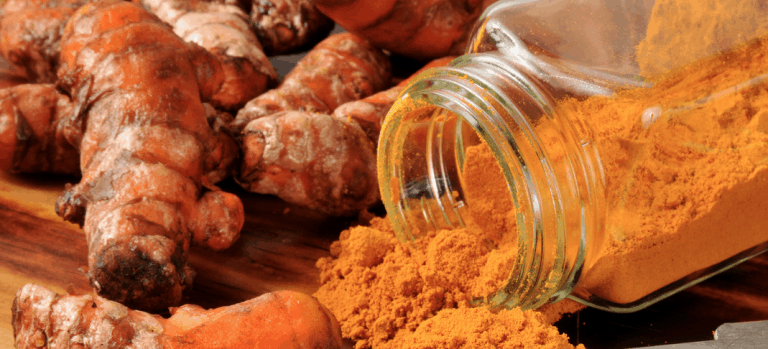Lycopene, a plant pigment found in high concentrations in tomatoes, guava, watermelon, and several other foods, has demonstrated an ability to support and promote prostate health in several ways. When lycopene is ingested, it tends to accumulate in serum as well as the prostate, skin, and other organs. Most studies concerning lycopene for prostate health have involved tomatoes and tomato products, and the results have been impressive.
Lycopene and prostate cancer
This phytonutrient and carotenoid has been found to help prevent and fight prostate cancer. In one long-term study of about 14,000 participants, investigators found that men who ate five or more servings of tomatoes or tomato products each week had a significantly lower risk of developing prostate cancer than men who consumed less than one serving per week. A report in the Journal of the National Cancer Institute reveals that men who consumed lots of tomatoes and tomato products had a 35 percent reduced risk of developing prostate cancer and a 53 percent lower risk of getting an aggressive form of the disease.
Related: Lycopene Benefits For Black Men in Prostate Cancer Prevention
The most recent research was published in April 2017 and covered a systemic review and meta-analysis of 42 studies. Among the findings was that the risk of prostate cancer declined by 1 percent for every additional 2 milligram of lycopene consumed in the diet and that it also decreased by 3.5 go 3.6 percent for each additional amount of circulating lycopene in models.
Overall, the researchers concluded that “higher dietary and circulating lycopene concentrations are inversely associated with PCa risk,” but lycopene was not associated with a lower risk of developing advanced prostate cancer.
Related: What Are The Best Sources of Lycopene?
Lycopene and BPH
Lycopene may also help prevent BPH from worsening. German researchers studied 40 elderly men with BPH who were assigned to take either 15 mg lycopene or placebo daily for six months. Among the men who took lycopene, the prostate did not grow, while it grew larger in the placebo group.
Numerous studies have examined the potential role of lycopene in treating lower urinary tract symptoms (LUTS) typical of BPH. However, most involve combination therapy, in which lycopene is combined with saw palmetto and/or selenium and/or tamsulosin (a prescription medication for BPH). Although the results of these studies are often positive, the exact impact of lycopene in the outcome is not clear.
How to get lycopene
The most beneficial way to get lycopene is through diet, not supplements, and processed tomato foods are the best food sources. These include tomato sauce, tomato paste, tomato soup, stewed tomatoes, and tomato juice. Most lycopene supplements are oil-based and available as soft gel, yet lycopene supplements have not proven to be effective. A recommended dose is 10 mg daily.
Related: Do Lycopene Supplements Work?
References
Chan R et al. Prostate cancer and vegetable consumption. Mol Nutr Food Res 2009; 53(2): 201-16.
Mills PK et al. Cohort study of diet, lifestyle, and prostate cancer in Adventist men. Cancer 1989; 64:598-604.
Rowles JL 3rd et al. Increased dietary and circulating lycopene are associated with reduced prostate cancer risk: a systematic review and meta-analysis. Prostate Cancer and Prostatic Disease 2017 Apr 25
Schwarz S et al. Lycopene inhibits disease progression in patients with benign prostate hyperplasia. J Nutr 2008 Jan; 138(1): 49-53







